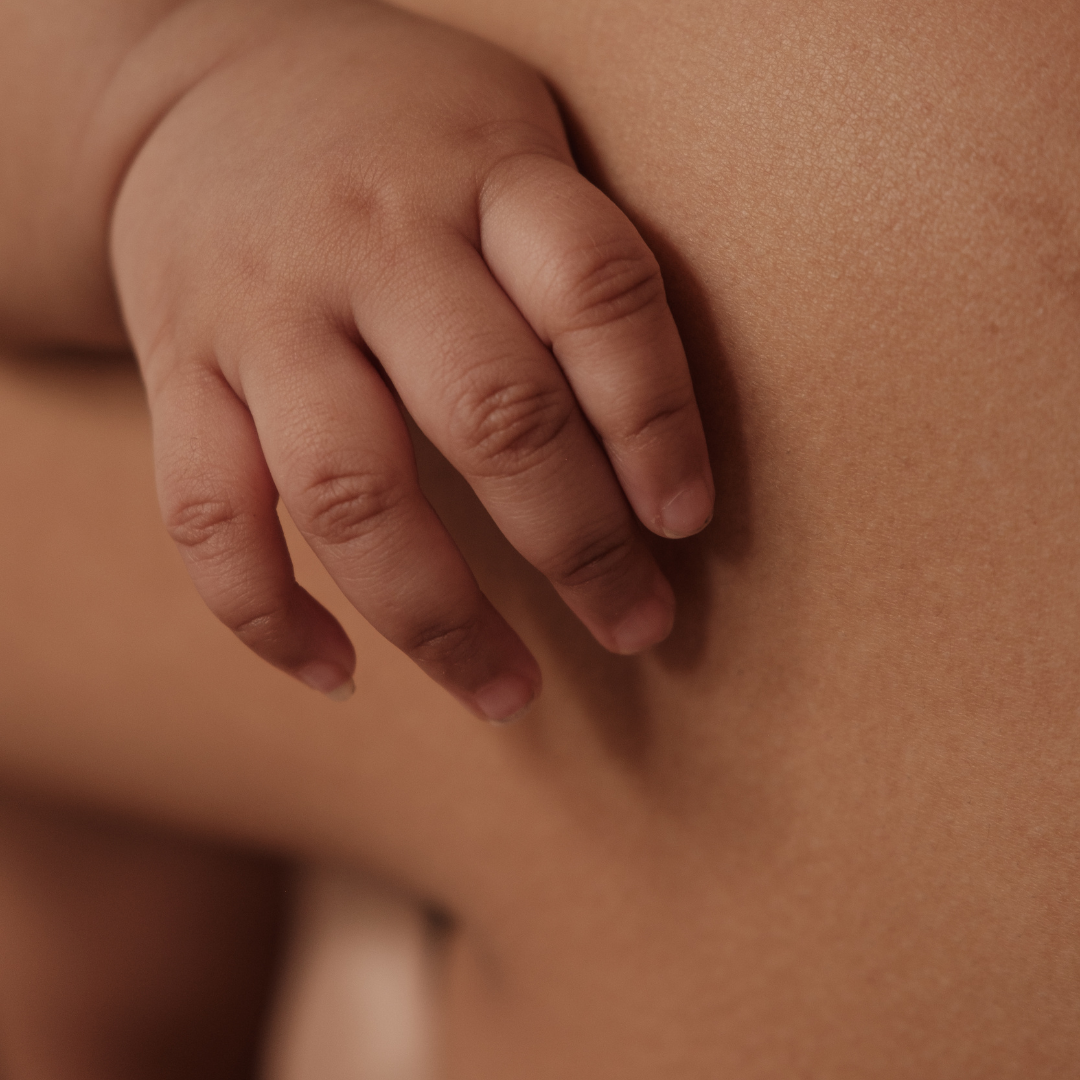By: Louise Gottsche
Let's delve into a topic close to many new mothers' hearts: postnatal depletion in America. We'll explore what it is, why it happens, and most importantly, how to recover and reclaim the joy in motherhood, backed by evidence and statistics.
What is postnatal depletion?
Postnatal depletion refers to the physical and emotional exhaustion that many mothers experience after giving birth. Despite the joyous arrival of a new family member, the demands of motherhood, coupled with the sleepless nights and relentless responsibilities, can take a toll on a woman's well-being.
The science behind postnatal depletion
Scientifically, postnatal depletion (which can also be known as postpartum depletion) is rooted in the physiological changes that occur during pregnancy and childbirth. The body undergoes significant stress, depleting essential nutrients and leaving the mother in a state of vulnerability. Hormonal fluctuations, sleep deprivation, and the demands of breastfeeding further contribute to postpartum depletion.
Caring for a newborn and recovering from childbirth is physically and emotionally demanding, so it's normal for new mothers to feel tired in the early postpartum days. However, for many, this exhaustion goes far beyond the usual fatigue. Postnatal depletion can leave mothers feeling drained, both mentally and physically, long after the initial recovery period. Symptoms such as persistent fatigue, emotional exhaustion, mood swings, and difficulty concentrating—often referred to as “baby brain”—are common signs of postnatal depletion and can have lasting effects if left unaddressed.
Postnatal depletion symptoms
With everything it takes to care for a newborn and recover from childbirth, most new mothers expect to be exhausted—both emotionally and physically—during the postpartum period. But, for many mothers, they assume their exhaustion is within 'normal' range when in fact they're experiencing postnatal depletion. Here are a few common postnatal depletion symptoms:
- Physical fatigue and low energy levels
- Emotional exhaustion
- Mood swings and self-doubt
- Baby brain or brain fog
Why does it happen?
While there isn't one root cause of postnatal depletion, there are a few factors that can contribute to it, including:
Nutrient Depletion:
Pregnancy and breastfeeding demand a substantial increase in nutrient intake. If a mother's diet is not rich in essential vitamins and minerals, her body may become depleted, affecting her overall health.
Hormonal Fluctuations:
The drastic hormonal changes during pregnancy and postpartum can lead to fatigue, mood swings, and emotional exhaustion.
Lack of Sleep:
Sleepless nights are synonymous with early motherhood. The constant care and feeding of a newborn disrupt normal sleep patterns, leaving mothers chronically fatigued.
Social Pressures:
Societal expectations and pressures on mothers to "do it all" contribute to stress and exhaustion, often overshadowing the need for self-care.
Reclaiming joy through recovery: Postnatal depletion cures
Postnatal depletion affects countless new mothers, but unfortunately, there is not a one-size fit all solution to curing postnatal depletion. The first step to healing is to recognize the signs and symptoms, and from there new mothers can take appropriate action to restore their physical and emotional wellbeing. Here are a few strategies to help guide new mothers towards reclaiming energy, balance and joy during the postpartum period:
Nourish Your Body:
Prioritize a nutrient-dense diet rich in vitamins, minerals, and antioxidants. Include a variety of fruits, vegetables, lean proteins, and whole grains to support your body's recovery.
Prioritize Rest and Sleep:
Acknowledge the importance of self-care. Enlist the help of family and friends to take care of household tasks, allowing you to rest and catch up on sleep.
Connect Socially:
Foster meaningful connections with friends, family, and support groups. Sharing experiences and seeking emotional support can significantly alleviate feelings of isolation and stress.
Delegate Responsibilities:
Don't be afraid to delegate tasks. Whether it's household chores or baby duties, distributing responsibilities can lighten your load and give you the time to focus on self-care.
Professional Support:
Consult with healthcare professionals, such as nutritionists or therapists, to tailor a plan that meets your individual needs. Seeking help is a sign of strength, not weakness.
In the journey of motherhood, it's crucial to recognize and address postnatal depletion. By embracing recovery strategies, mothers can reclaim their vitality and find joy in the profound connection with their little ones. Remember, Nunona is here to support you on this transformative path, blending science, connection, and joy to empower you every step of the way.
References:
- DropBioHealth [Internet].Wondering what Postnatal Depletion looks like? Insights from leader in mother care, Dr Oscar Serrallach; [updated 2023; cited 2024 Jan 17]. Available from: https://www.dropbiohealth.com/health-resources/postnatal-depletion-dr-oscar-serrallach#:~:text=Dr%20Serrallach%20describes%20postnatal%20depletion,%2C%20mental%2C%20and%20emotional%20factors.
- Pawluski JL, Li M, Lonstein JS. Serotonin and Motherhood: From Molecules to Mood. Front Neuroendocrinol. 2019 Apr; 53: 100742.







